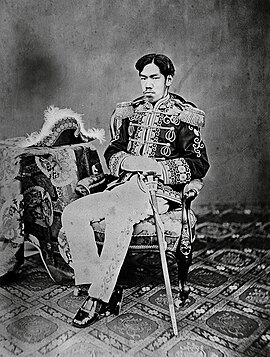The trouble with having a "job" that requires you to focus on a really narrow topic most of the time is that you become a bore at dinner parties, as you increasingly lose touch with the human interest stories that, in theory at least, make life interesting. This goes for 'real world' issues as well. The attention that you pay to the news is limited to the major stories, and you don't have time to think to deeply about them. At the moment, for example, I know what's going on with the Vice President's illegal road hunting/campaign contributer slaying, I know that the New Zealand Labour Party is in the poo over use of the leaders budget to fund pledge cards, and that some poor Olympian Chinese couple wasted themselves on the ice in Turin last night, but managed to get silver anyway. However I just can't bring myself to care about any of these things. My thoughts are elsewhere. And besides, it's still too sunny.
In that respect, a blog is a little bit like a dinner party, I guess. Full of idle chit-chat about what's going on
NOW in the 'real world'. I'm going to have to do better.
So here's something I do have an opinion on. I agree with the
31 eminent New Zealanders' letter to Steve Maharey urging him to change programming culture at TVNZ. The letter has largely been misinterpreted by its detractors as endorsing an end to all television advertising for the state broadcaster, however this is not what it is saying at all. As Ian Johstone explained on NATRAD this morning it was more a call to include quality New Zealand programmes at watchable times within TVNZ's programming schedule, and
reduce the number of ads on New Zealand public television.
Now I think TVNZ has some seriously good shows included in its prime-time lineup. I don't watch a lot of TV, but I know that on any day of the week at the moment I can turn on the TV between 7.30 and 8.30 and probably find something that will entertain me in a superficial way for an hour. But there
is something lacking. There is essentially nothing which performs the functions of a state televion broadcaster in New Zealand. And that is a vital institution which is lacking in this country.
I'm not advocating that TVNZ become the tweedy, austere, "serious" channel as some of our eminent friends no doubt want. But is it too much to ask to abandon Susan Wood's eyelash acrobatics and have a few shows where well-informed interviewers really take our politicians to task (yet still let them speak), like for example, "Meet the Press" in the United States? Is it too much to ask that we have maybe one show a week that showcases local talent and doesn't involve home renovation? And please... Oh please... can we have some good local political satire in the vein of Jon Stewart? And can it all be on at a watchable hour? Johnstone et al. are right when they talk about the role of the state broadcaster in making a better contribution to national life, yet it is something that TV3 is actually doing better than One or Two are doing at the moment, despite the state channels' obligations under the charter. There is obviously room for improvement.
I was speaking to someone fairly well ensconced in the TVNZ machinery today, and she informed me that "serious" shows don't rate. I realise that TVNZ is structured so that ratings are all important all of the time - but this doesn't mean that I agree with the structure. Sure, play what the common denominator wants to watch most of the time. Note I don't say 'lowest' here, as I don't think I should decide for others what they watch. Popular shows are popular for a reason - well most of them are. However, I would expect the same courtesy from people who view such shows. For the twenty or thirty percent of us that wants something a little different, our watching preferences are crowded out by shows that appeal to the other seventy to eighty percent of the audience. Surely we pay into the system so our preferences can be represented once or twice a week in primetime too.
Therefore, it's not TVNZ that has to change its programming, while they're obliged to panda to ratings things are never going to change. It's the government that needs to come up with a new framework that gives us some variety.
